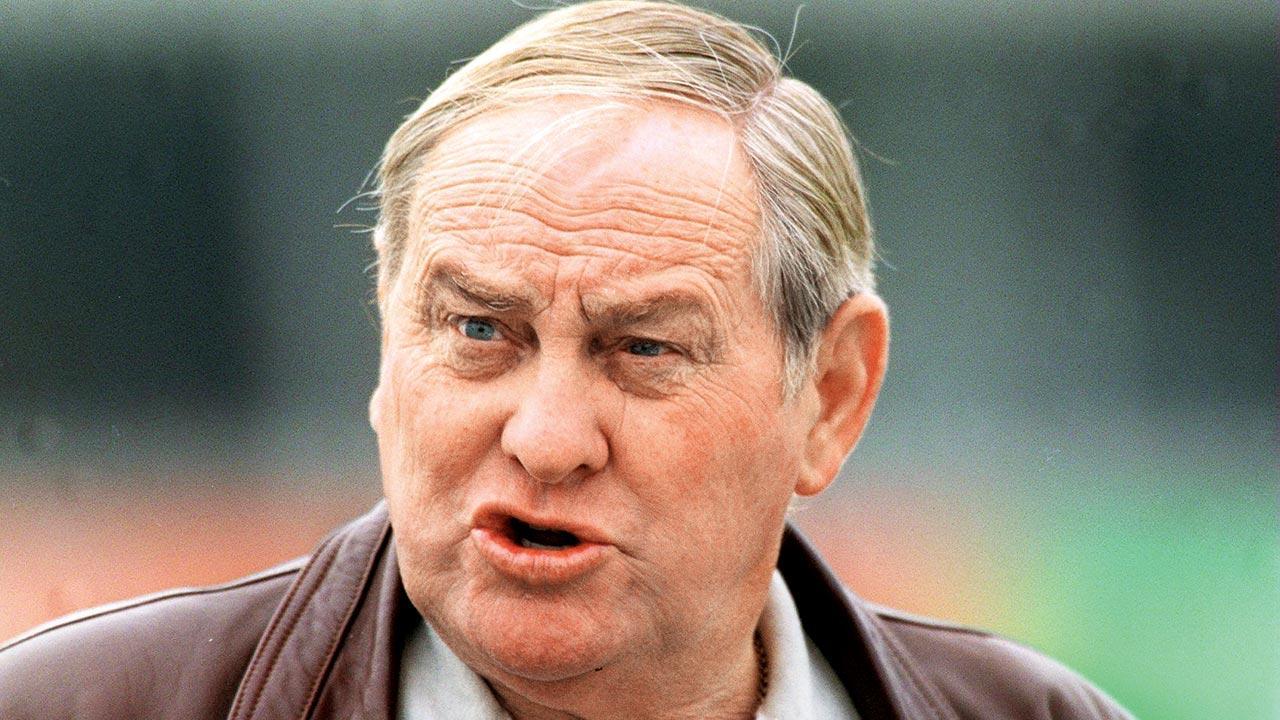Illy gave leadership a good name
Updated On: 30 December, 2021 07:34 AM IST | Mumbai | Clayton Murzello
World cricket bid adieu to 1970-71 Ashes winner Ray Illingworth; his loss ironically coinciding with the demolition Joe Root’s England in Oz

Former England captain Ray Illingworth, who passed away last week. Pic/Getty Images
 I spotted Ray Illingworth (Illy to those who knew him) in a tea lounge at Leeds during the England v Sri Lanka NatWest Series game on July 2, 2002. He was chatting with his old Yorkshire mates, as rain forced the tie to be reduced to a 32-overs affair. I could have stayed on in the hope of interviewing the former England captain, who passed away on Saturday, but he appeared too imposing to approach.
I spotted Ray Illingworth (Illy to those who knew him) in a tea lounge at Leeds during the England v Sri Lanka NatWest Series game on July 2, 2002. He was chatting with his old Yorkshire mates, as rain forced the tie to be reduced to a 32-overs affair. I could have stayed on in the hope of interviewing the former England captain, who passed away on Saturday, but he appeared too imposing to approach.
Sadly, now the opportunity is lost forever. On Christmas Day, Illingworth joined a long list of cricketers to succumb to cancer, when his life’s innings ended at 89.



